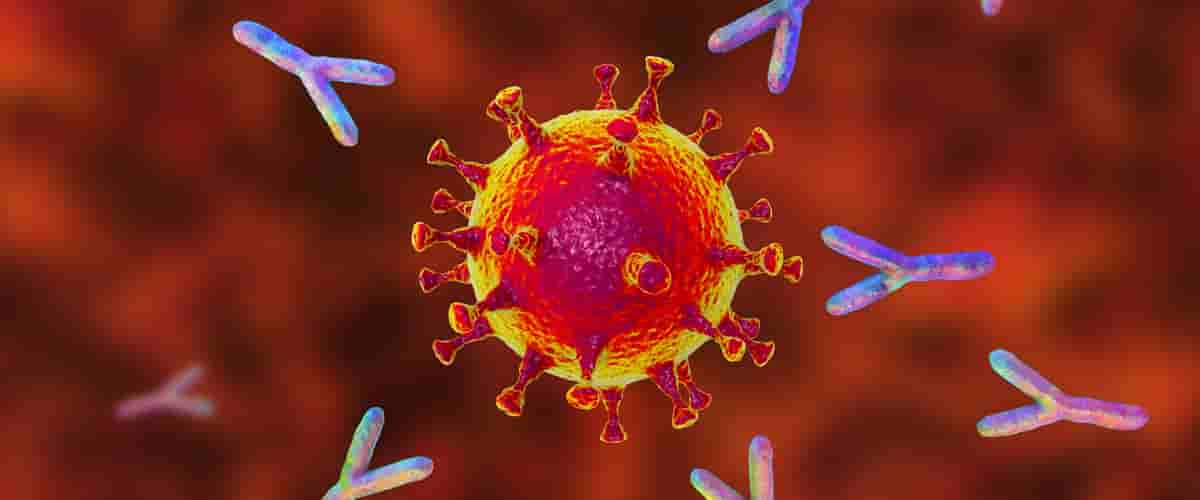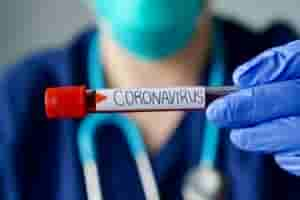Once you had COVID-19, your body will have detectable antibodies. Although it gives you immunity, it does not guarantee that you will not have COVID-19 again. Further, experts are saying that it is not the best way to protect yourself from COVID-19 as having a vaccine is still the best option. This is especially true now that the Delta variant is the cause of the recent cases worldwide.
You must understand that a COVID-19 infection will create an immune response and recognizes the coronavirus. Antibodies are produced, and they offer 80 percent protection from the deadly disease. However, if you have already received both doses of Moderna or Pfizer vaccines, you will have about 95 percent protection against COVID-19, NJ.com reported.

Dr. John Wherry, the director of the Institute of Immunology at the Perelman School of Medicine at the University of Pennsylvania, shared that through their laboratory studies, the immunity produced after getting infected will last up to ten months only.
Dr. Lisa Maragakis, the senior director for infection prevention at Johns Hopkins, also said that although you have immunity and antibodies after contracting COVID-19, it may not detect the other strains of the virus. Hence, it cannot create the immune response necessary to battle the disease.
As for how long you should wait to get a vaccine after contracting COVID-19, you should talk to your doctor. However, the Centers for Disease Control and Prevention (CDC) said that you could wait up to 90 days before getting a vaccine after you recovered from COVID-19 and was treated with monoclonal antibodies or convalescent plasma. If you did not have such treatment, you could get vaccinated as soon as you are out of quarantine.


